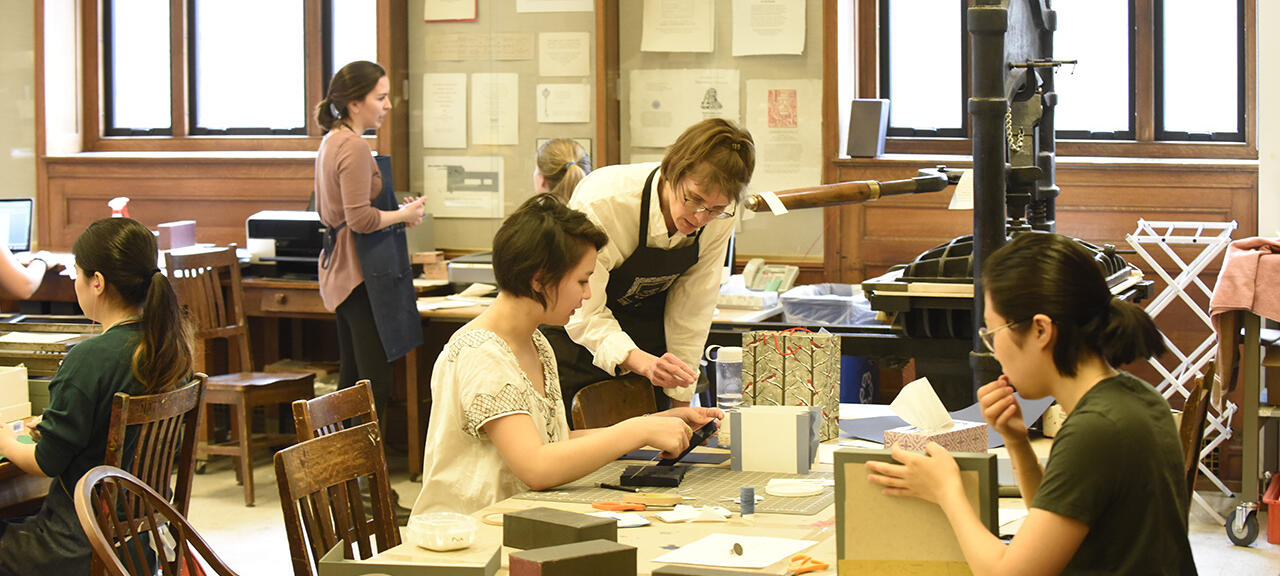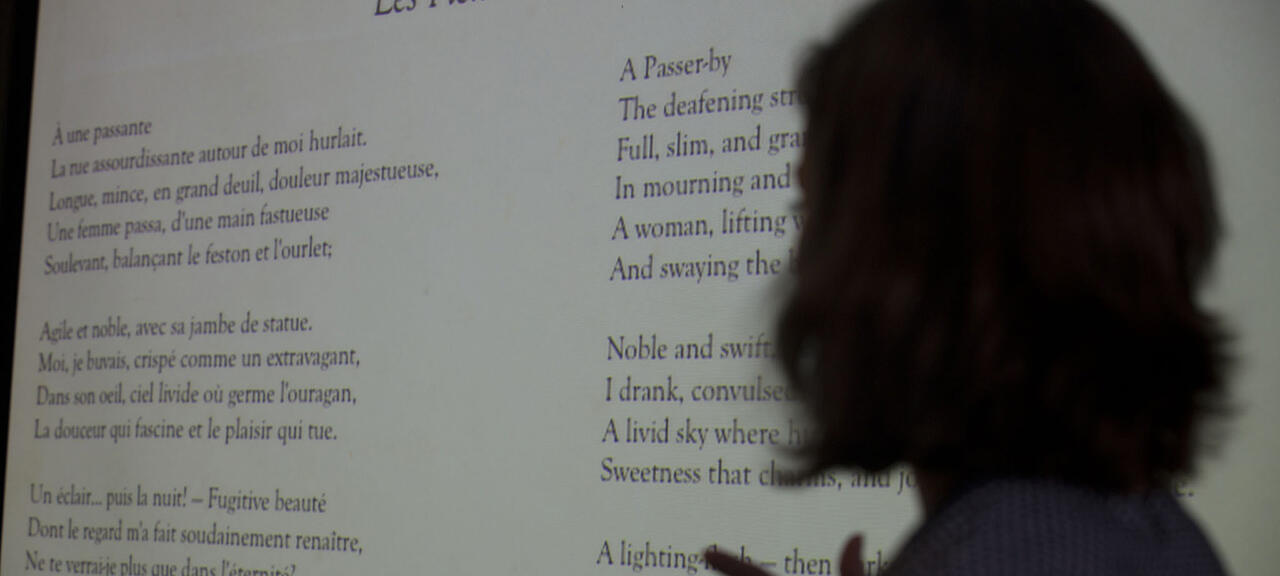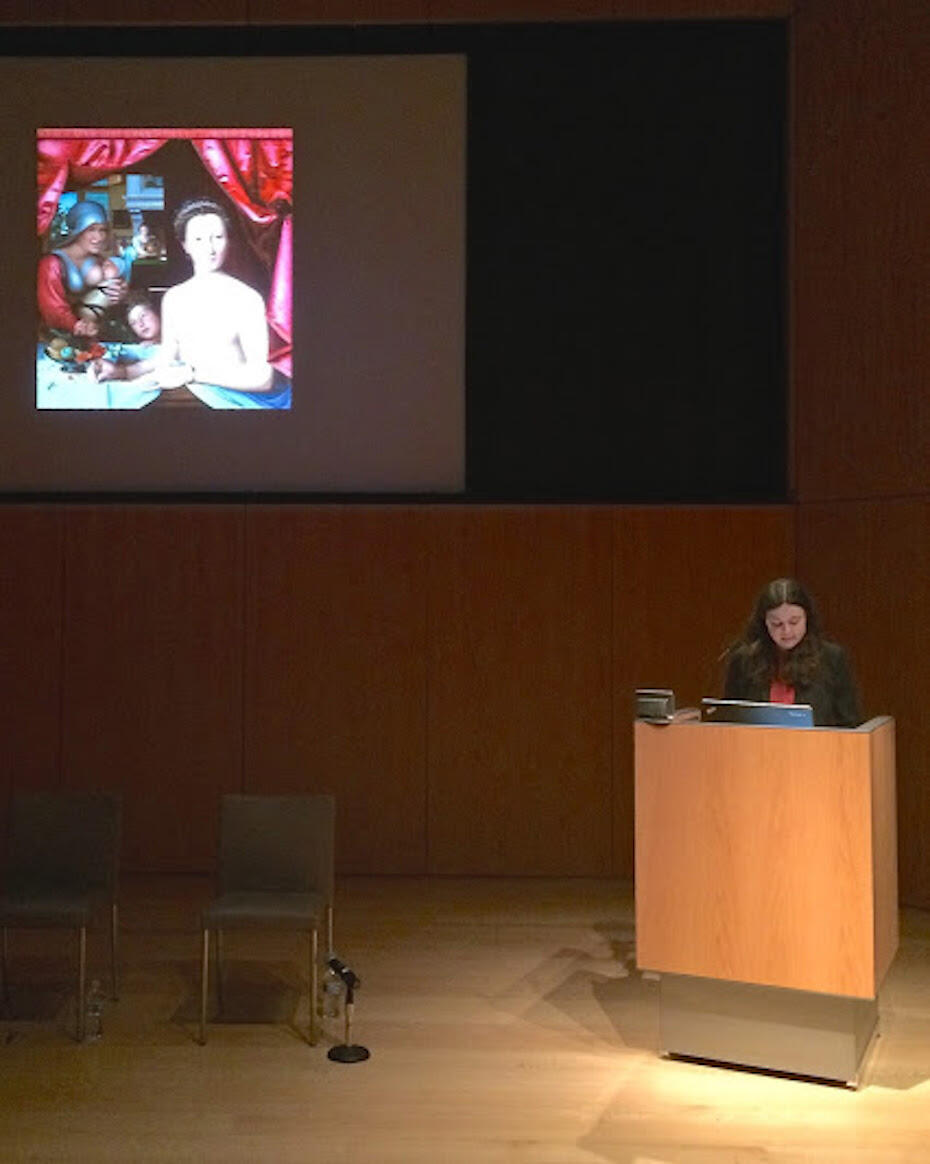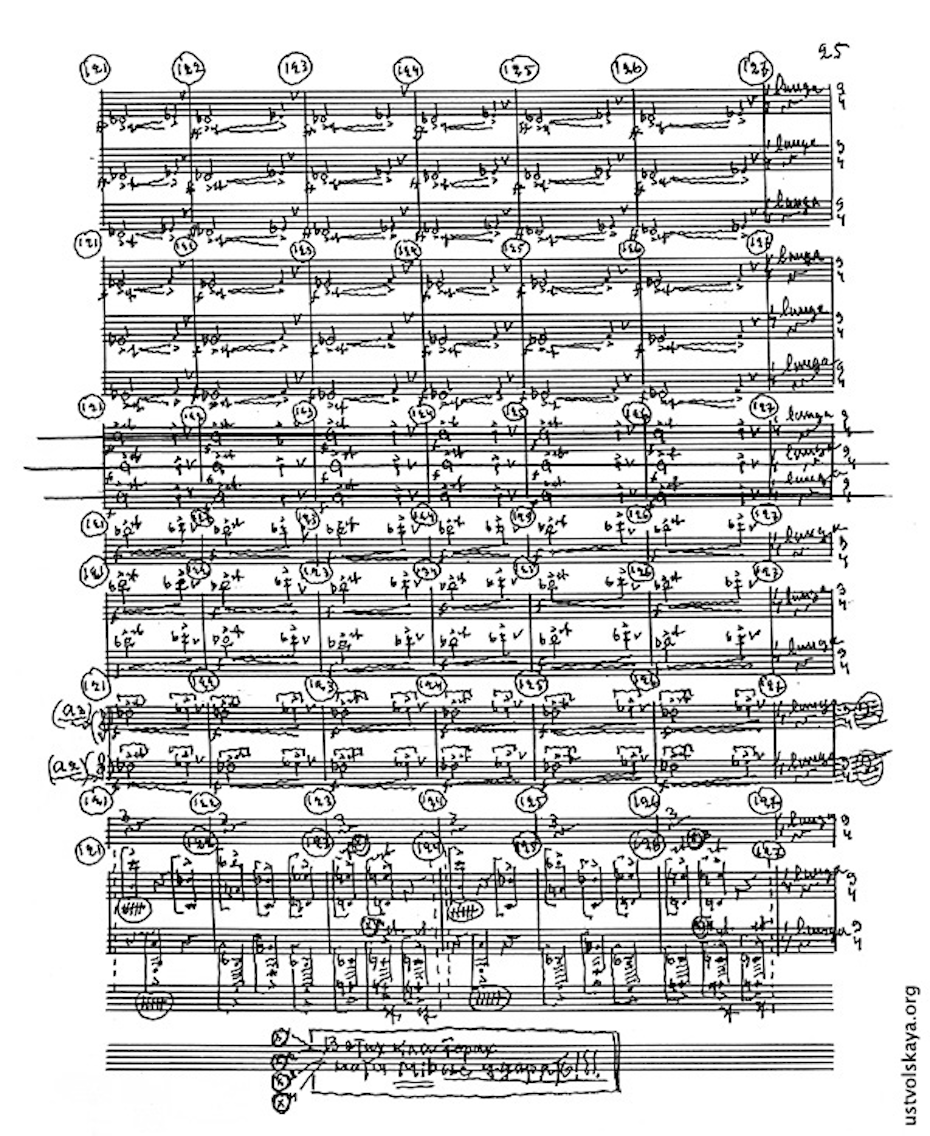For my senior thesis, I explored a striking group of paintings produced by the School of Fontainebleau in the second half of the sixteenth century which depict nude and half-nude women bathing or at their toilette. These paintings are exceptional for the period in that nudity was primarily reserved for allegorical or mythological contexts. The identity of the women depicted in these mysterious paintings has been a continual source of fascination for scholars who have suggested a wide array of royal mistresses and queens. Beyond the women’s precise identities, however, the paintings elicit many questions. My thesis begins to explore their meaning, their function, and what they reveal to us about women of the period. It argues that the painting's unusual combination of the ideal nude and portrait reflects the creative and performative nature of women's identity and sexuality at the French Court.
I was lucky enough to receive a Schiff Fellowship, which allowed me to visit some of my paintings in Paris and Fontainebleau, as well as regional museums throughout France over wintersession. This spring, I was able to share the results of my research with the Wellesley community at the annual Ruhlman conference and with scholars and students of art history in the Boston area at the Visual Culture Consortium's Eighth Annual Undergraduate Art History Symposium held at the Museum of Fine Arts in Boston.












